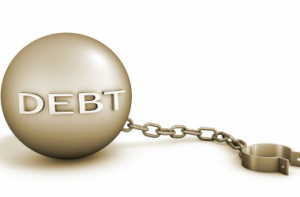 Today’s top story: 7 ways to lower your cable bill. Also in the news: The rate of mortgage approvals in each state, 5 steps for tracking your monthly expenses, and a beginner’s guide to filling out a W-4.
Today’s top story: 7 ways to lower your cable bill. Also in the news: The rate of mortgage approvals in each state, 5 steps for tracking your monthly expenses, and a beginner’s guide to filling out a W-4.
7 Ways to Lower Your Cable Bill
Cutting the cord.
The Rate of Mortgage Approvals in Each State
Where does your state rank?
5 Steps for Tracking Your Monthly Expenses
Keeping a detailed record.
A Beginner’s Guide to Filling out Your W-4
Taking it one step at a time.
 Today’s top story: Smart business ideas for veterans. Also in the news: the average amount of checking account fees over a decade, why a quarter of homebuyers are unhappy with their mortgage lender, and the factors banks consider when applying for a loan.
Today’s top story: Smart business ideas for veterans. Also in the news: the average amount of checking account fees over a decade, why a quarter of homebuyers are unhappy with their mortgage lender, and the factors banks consider when applying for a loan. Today’s top story: Mortgage application forms will look different next year. Also in the news: 5 times you shouldn’t use a credit card, why you should say no to 72-84 month auto loans, and why you need to stop being delusional about debt.
Today’s top story: Mortgage application forms will look different next year. Also in the news: 5 times you shouldn’t use a credit card, why you should say no to 72-84 month auto loans, and why you need to stop being delusional about debt.